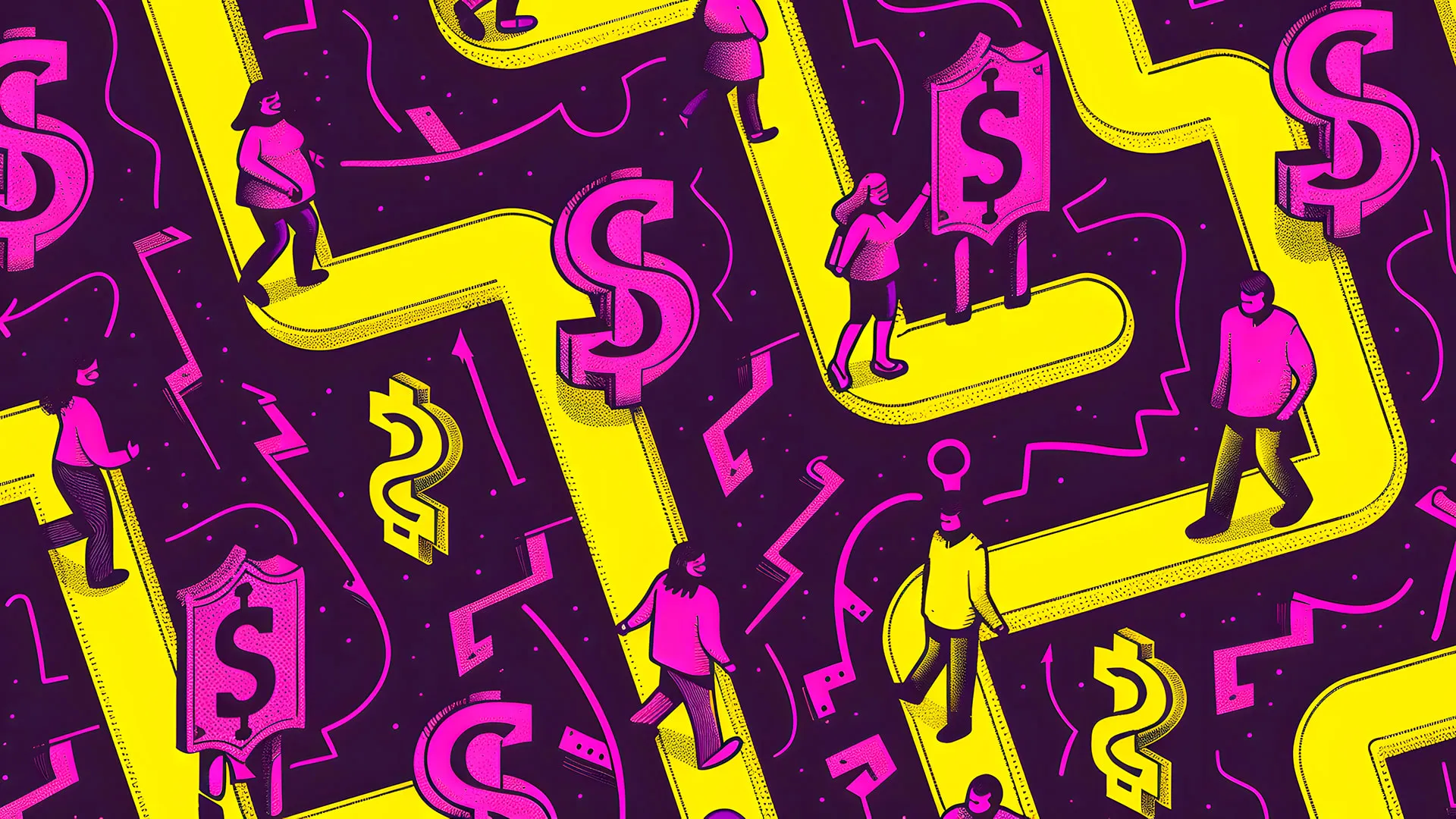Economics, Inflation, and Politics: The Challenges Facing Kamala Harris

Economic Challenges in Politics
Economics has dominated the political landscape recently, with inflation playing a vital role in shaping voter sentiment. Vice President Kamala Harris faced heavy scrutiny as Americans expressed dissatisfaction regarding the economic situation. Despite a growing GDP and declining unemployment rates, inflation rates reached alarming levels, culminating in a significant political defeat.
Inflation's Effect on Voters
While the economy has shown overall stability, many Americans have felt the sting of inflation, which reached peak percentages that hadn’t been seen since the late 20th century. For example, while wages have grown, inflation drastically decreases purchasing power. Voters made their voices heard with their dissatisfaction, especially regarding economic policies and their communication.
- Inflation rates soared from 1.4% in 2020 to over 7% in 2021.
- A significant 74% of Trump supporters reported severe financial hardships due to inflation.
- The Biden-Harris administration faced backlash for failing to convey the complexities of inflation to voters.
The Political Landscape Ahead
With Donald Trump potentially re-entering the White House, many are questioning how his economic policies might affect inflation rates moving forward. Voters must consider:
- Mass deportations and their economic impact.
- Restrictive tariffs and their potential to escalate inflation.
- Corporations benefiting from tax cuts for the ultra-wealthy.
Ultimately, the path forward remains uncertain, as economic factors will continue to shape political landscapes in the near future.
This article was prepared using information from open sources in accordance with the principles of Ethical Policy. The editorial team is not responsible for absolute accuracy, as it relies on data from the sources referenced.